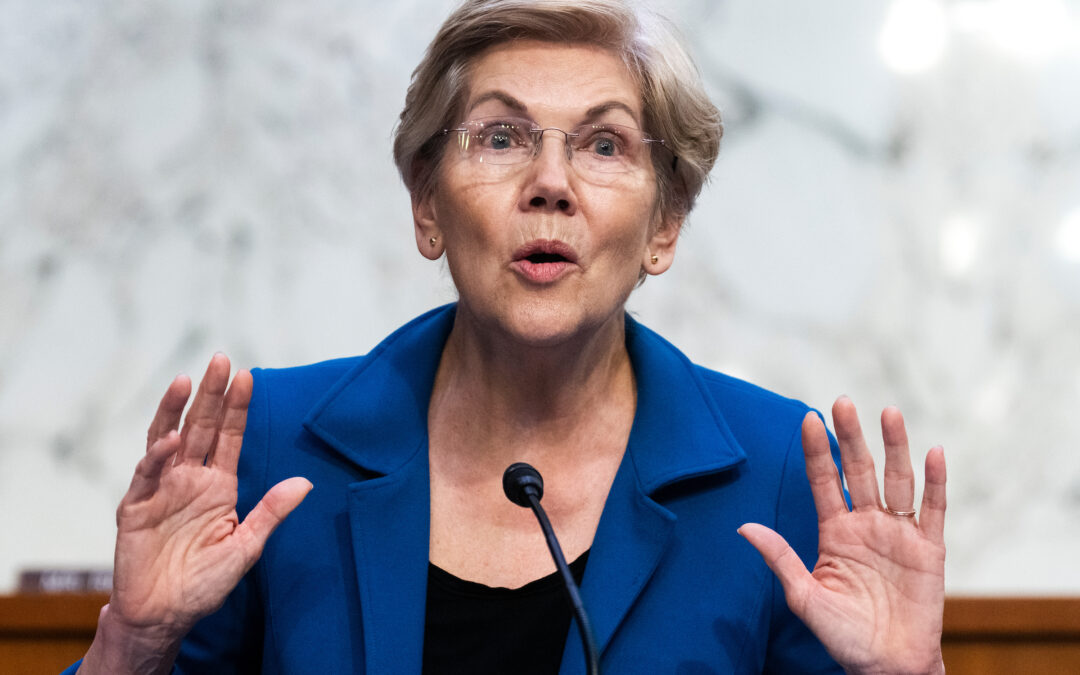TIGTA Highlights the IRS’ FATCA Enforcement Woes
In the first 12 years of the U.S. Foreign Account Tax Compliance Act, the IRS has spent nearly $600 million on enforcement but has only managed to collect $14 million in penalties in return. This poor performance indicates that the agency strongly needs to revise its enforcement strategy according to a recent audit report by the Treasury Inspector General for Tax Administration.
Initially, the IRS had big compliance plans for FATCA and published a sprawling compliance roadmap addressing several aspects of FATCA. But years of budget constraints and other personnel resource issues led the IRS to shrink those plans to two compliance campaigns, which are handled by the IRS’ Large Business & International division.
The first campaign, Campaign 896, focuses on offshore private banking and U.S. taxpayers who have either underreported or failed to report their foreign assets on Form 8938. According to the IRS, over 330,000 taxpayers with foreign accounts exceeding $50,000 failed to file the form between 2016 and 2019. This means the government could collect at least $3.3 billion in penalties from the group, if each taxpayer pays the minimum FATCA penalty, which is $10,000.
The second campaign, Campaign 975, focuses on the accuracy of taxpayers’ FATCA filings, but the IRS has only been able to review one tax year — 2016 — leaving the agency far behind its goals.
All of this means that the IRS has a lot of work to do in monitoring FATCA and ensuring taxpayers are complying with the law. In an audit report published April 7, the Treasury Inspector General for Tax Administration described some of the IRS’ progress and setbacks with FATCA compliance. TIGTA conducted the audit to evaluate how the IRS has been using the information it gathers under FATCA to improve taxpayer compliance.
The most important takeaway is that the IRS is planning to increase its audits and reviews of U.S. foreign account holders, meaning that taxpayers with such accounts should prepare for increased scrutiny. If they have any unreported accounts, they should also evaluate voluntary disclosure and other options to potentially minimize any penalties from the government.
THE ABCs of FATCA
The U.S. government created FATCA to ensure transparency of U.S. taxpayers’ offshore financial accounts and combat tax evasion. Under the law, taxpayers with a certain threshold of foreign financial assets. must file Form 8938, Statement of Specified Foreign Financial Assets. The thresholds, which start at $50,000 and top out at $600,000, depend on the taxpayer’s marital status and whether they live in the U.S. or abroad. Foreign financial institutions also have reporting obligations. Those with U.S. taxpayer assets are required to share information about those clients’ financial accounts with the IRS. Institutions that fail to do soare subject to a 30 percent withholding rate on their U.S. source payments.
Updating Procedures and Tightening the Reins
The IRS has spent a lot of money on FATCA compliance — over $573 million dollars — yet it has only collected a small fraction of that amount — $14 million — in FATCA penalties. In light of this lackluster performance, TIGTA made six recommendations to the IRS, some of which the IRS said it has already implemented, and others it is currently working on.
The first TIGTA recommendation is that the LB&I (Large Business and International) Division needs to tighten its surveillance of taxpayers who underreport their foreign assets and step up its compliance activity for that group, including levying penalty assessments and conducting examinations on taxpayers who consistently underreport. The IRS said it has already implemented that recommendation. For a list of currently published LB&I campaigns click here.
The second recommendation is that the IRS should establish procedures for identifying taxpayers who fail to file Form 8938 and particularly focus on examinations or penalty assessments for that group. The IRS said it already has a filter that identifies potential non-filers. Importantly for taxpayers, the IRS revealed that it is currently conducting civil and criminal examinations on non-filing taxpayers and is considering penalties in examinations, when they are appropriate.
The third recommendation is that the LB&I Division needs to ensure that foreign financial institutions are also complying with FATCA, and should think about expanding the scope of Campaign 975 to address taxpayers and foreign financial institutions alike. The IRS said it agreed and that Campaign 975 is doing just that. According to the IRS, the agency has already reviewed about 4,000 foreign financial institutions and flagged potential noncompliance by 34 institutions. Although this is a good development, the seemingly small level of noncompliance suggests that the IRS should not devote extensive resources to this, and might be better served by focusing more heavily on individual taxpayers.
But TIGTA and the IRS disagreed over the auditor’s fourth suggestion. The IRS requires foreign financial institutions to include taxpayers’ taxpayer identification numbers on their FATCA report (Form 8966), but between 2017 and 2019 the IRS exempted some institutions, allowing more time to comply with the requirement. TIGTA believes the IRS should now issue a notice to foreign countries that their financial institutions must collect and provide the taxpayer identification numbers of U.S. individuals owning a foreign bank account.
The IRS believes this is not necessary because it issued a notice about this in 2017 (Article 2, Model 1A Reciprocal IGA; Notice 2017-46). TIGTA pushed back on this and wrote that the IRS should not assume that foreign financial institutions are aware of the 2017 notice and know what to do. They pointed out that less than half of the Form 8966s filed between tax years 2016 and 2019 had a valid TIN. The majority had an invalid TIN or completely lacked one. If the IRS does implement TIGTA’s recommendation, this could bring greater transparency to the agency’s investigations and compliance campaigns.
The fifth recommendation is that the IRS should establish goals, milestones, and timelines for FATCA campaigns in order to determine whether the campaigns are effective in meeting their objectives and affecting tax compliance. The IRS agreed with this and pledged to refine their metrics with respect to goals, milestones, and timelines.
Lastly, TIGTA recommended that the IRS should create an information sharing program that would allow the agency’s Small Business/Self-Employed division to access FATCA data and use it for examinations and collection actions. The IRS said it has implemented that recommendation.
A Tighter Leash for FATCA Compliance
The fact that the IRS already has implemented some of TIGTA’s recommendations demonstrates the agency’s seriousness about FATCA and ensuring that taxpayers and foreign financial institutions comply with the law. TIGTA’s report shows that the IRS’ FATCA issues are two-fold: first, the agency needs additional resources to oversee FATCA, but it also needs to better allocate the resources it does have. Considering that the Biden administration recently increased the IRS’ budget, a tighter leash for FATCA laggards and new FATCA-related compliance campaigns could be right around the corner.












